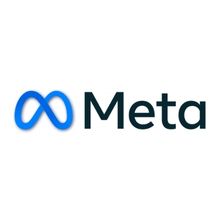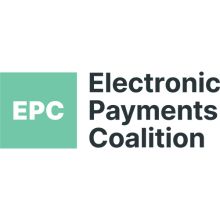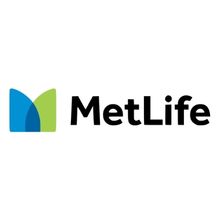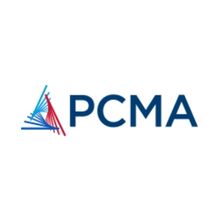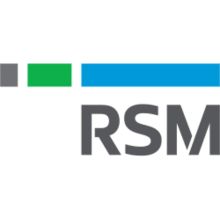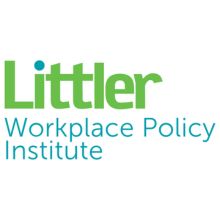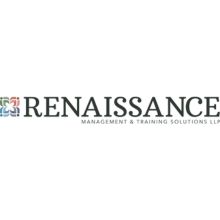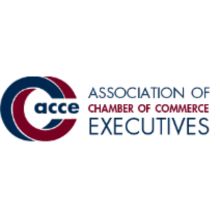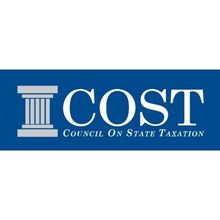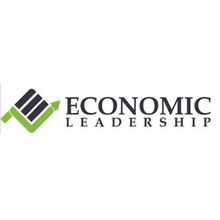State Transportation Funding
Lawmakers have had trouble developing workable long-term solutions for shrinking revenue sources to fund the dependable transportation network businesses and commuters rely on. States collect revenues to support the expansion and repair of transportation infrastructure primarily through user fees such as tolls and fuel taxes. This revenue is further supplemented by the federal government’s Highway Trust Fund, which itself is funded primarily through the 18.4 cents-per-gallon tax on gasoline and 24.4 cents-per-gallon tax on diesel fuel. However, the transportation funding mechanism, which relies heavily on fuel taxes, both on the state and federal level, has eroded over the past decade. The federal gas tax and the fuel taxes in most states are not indexed to inflation and haven’t been raised in years. The federal gas tax was last increased in 1993. In fact, the United States has significantly lower gas taxes (combined state and federal) then all other industrialized nations of the OECD (except Mexico, which doesn't levy a gas tax). Other factors for the gas tax’s growing ineffectiveness include more fuel-efficient vehicles, the growth of electric and hybrid cars, and rising construction costs. Non-election years are a popular time to tackle tough issues like transportation funding. Since 2013, 28 states have raised fuel taxes to invest in roads and bridges. Options for states to raise transportation revenue include increasing and indexing for inflation state fuel taxes, switching from a cents-per-gallon fuel tax to a wholesale tax, adding a sales tax to gasoline purchases, adding a vehicle fee for hybrid or electric vehicles, increasing state sales and use taxes and earmarking the increased revenue for transportation projects, issuing bonds, and relying more on toll roads and public-private partnerships to construct and maintain infrastructure. Recently, state lawmakers have settled on a similar package of user-fee revenue raisers that Republicans, who still control most statehouses today, can embrace. Generally, this package includes an increase in fuel taxes paired with new annual fees for electric or hybrid vehicles. Click on image to download a copy of the map. State Chambers are encouraged to use, share, and rebrand any of the materials COSC provides members. COSC staff are happy to work with you to update and edit any of our maps or other materials (email [email protected]) to meet your needs. Research & ResourcesChamber Resources
Research
Journalism & Opinion
|

